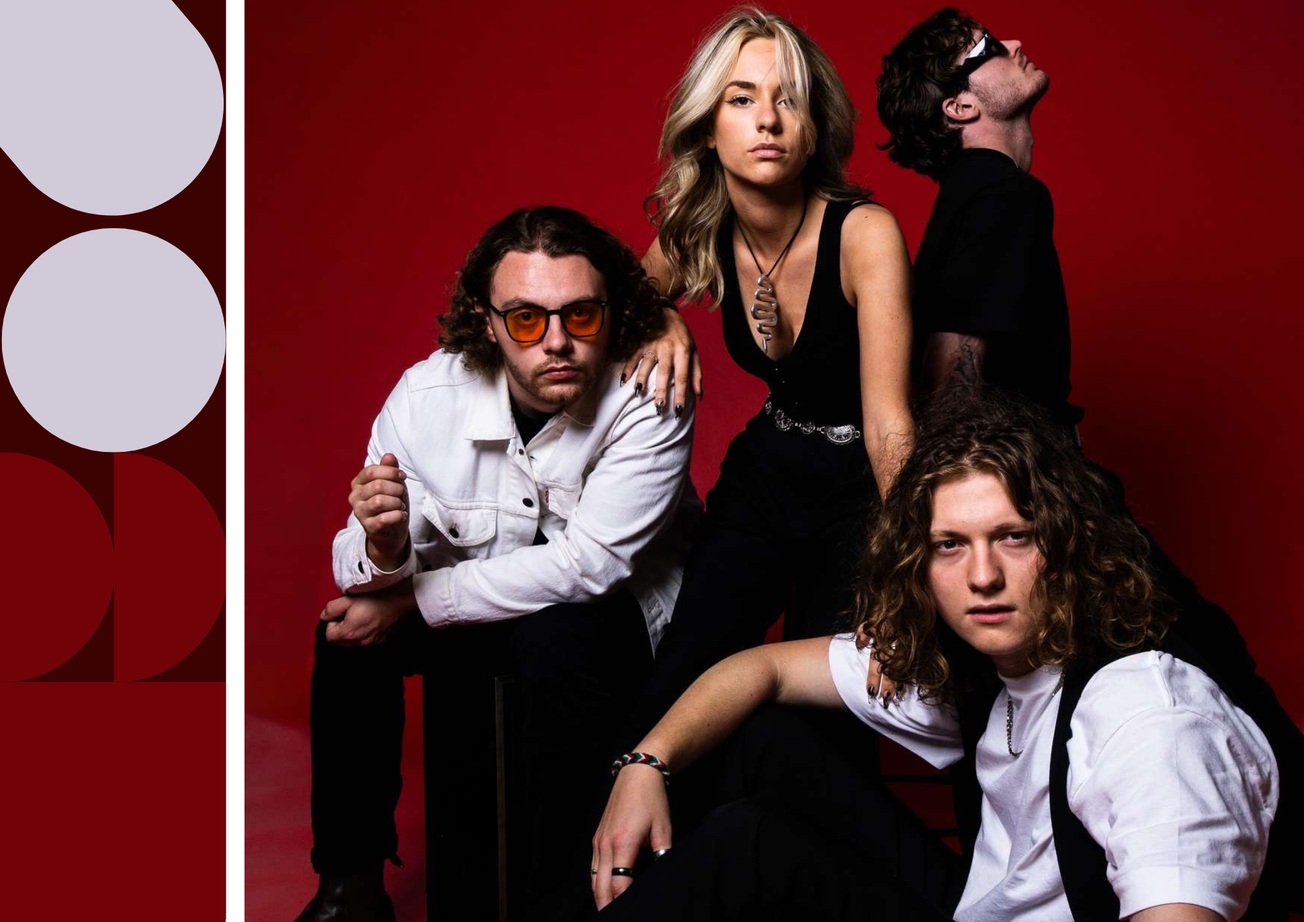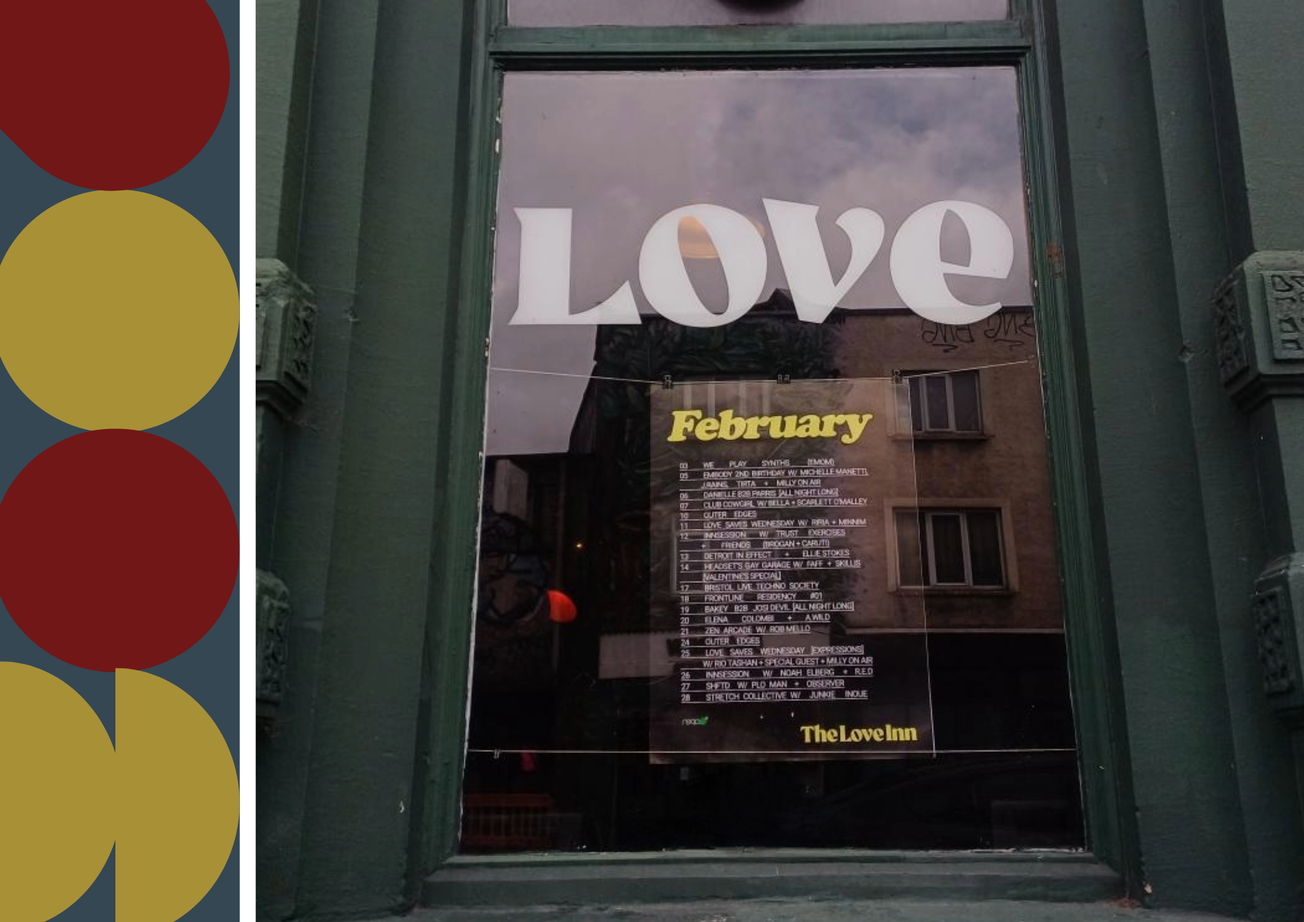By Sam Couriel, Second Year Social Policy and Politics
Seb Lowe isn’t your typical up-and-coming artist. Sure, he’s played the major festivals: Glastonbury, Reading & Leeds, TRNSMT and Wythenshawe Park, to name a few. And yes, he’s a TikTok sensation with over 11 million likes. He’s even nearing 180k monthly Spotify listeners. But his music isn’t just another product of the mainstream machine.
The intersection of music and politics for Seb was instinctive. A childhood of enthusiasm for writing, art and poetry ran parallel to a politically engaged upbringing.
Then COVID hit. The inescapable politics of constant news drew Seb towards the outlet of songwriting, one that quickly resonated with a TikTok audience in need of a similar release.
As Seb’s success story continued, the commercial pressures of the music industry failed to dilute his focus on social commentary. Although he admits the satisfaction of radio plug-in adrenaline hits, it’s the ‘theatrical’ feeling of music where Seb’s passion ultimately lies and he is showing no indication of any plans to abandon this.
Kate’s journey, though different, shares the same sense of defiance. Her shift to the electrifying music of Seb’s band wasn’t just about switching instruments.
It was a push away from the ‘rigidity’ of the grade-8 ladder and a childhood in the Hallé Youth Orchestra, moving instead towards the rebellious feel of electric violin.
After hearing the first verse of Seb’s 'Mr Human Race', Kate instantly recognised a space for her voice, and her career as a singer-songwriter was ignited.
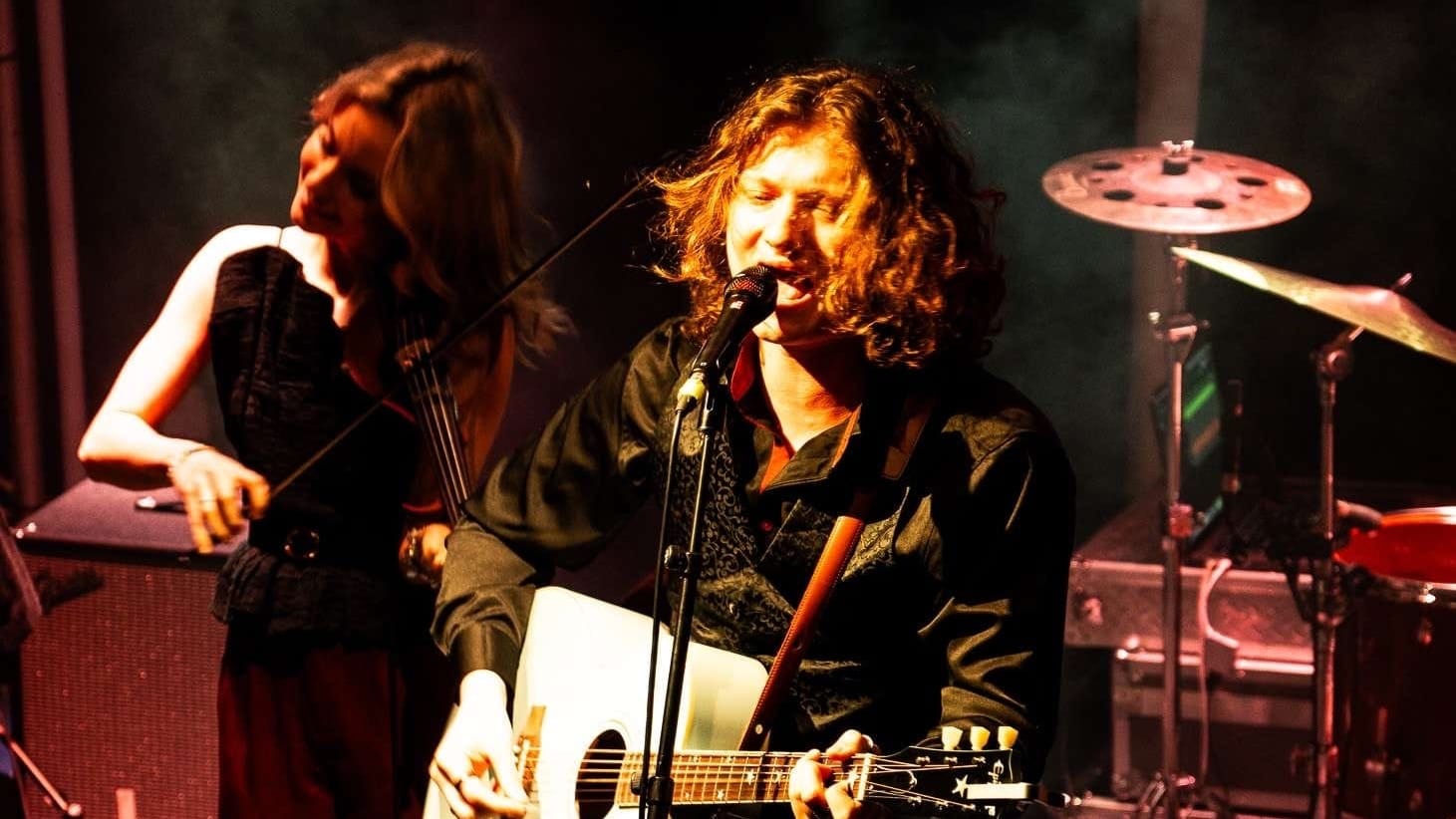
From there, the pair went on to co-write one of their biggest hits: Mr & Mrs Human Race. It was in response to this song that one fan referred to Kate as a ‘feminist icon’, but when I presented this to her, she simply responded: 'the whole band are feminists - it comes with the territory of doing left-wing social commentary in an industry dominated by men'.
The band’s continued rise through social media has allowed them to develop an audience that is, in their words, ‘largely independent of geography’.
That being said, touring the UK has certainly exposed them to the ‘unique cultures’ of different regions, including Bristol’s iconic venue, Thekla. It’s not that they recognise any clear North/South divide within their audience, but their Manchester roots remain a key influence in their music.
Both Kate and Seb are passionate promoters of northern devolution, investment in towns and cities, and crucially, enfranchisement. According to them, so many problems - whether loneliness, disillusionment, or violence – stem from a ‘lack of conversation’.
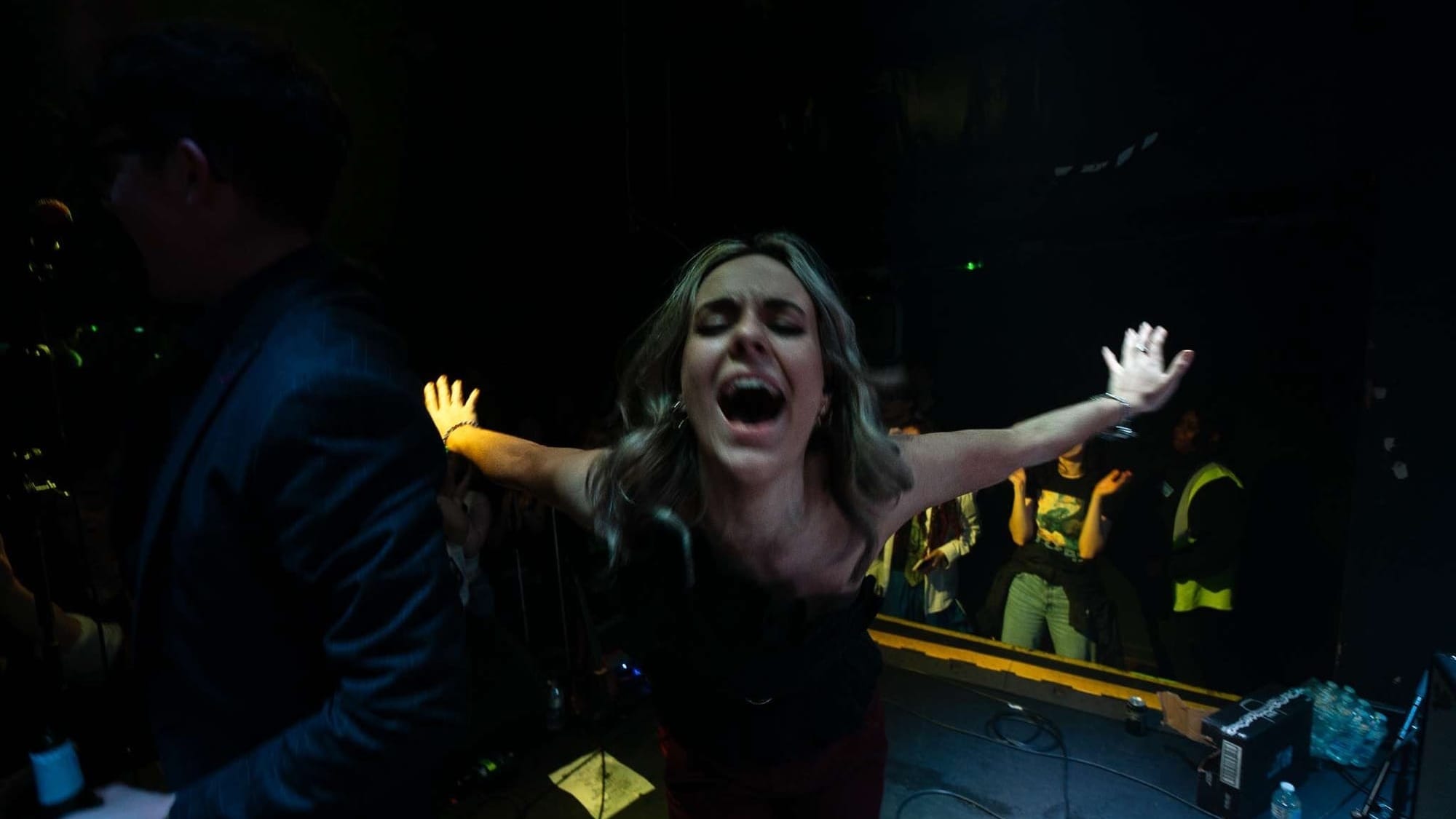
Their advice? Talk more. Disagree. A discussion in the pub after a couple of pints is generally the way to go. And if you’re looking to get into music, ‘just do it. Post a video, go to an open mic, what’s the worst that can happen?’.
It was at this point in our conversation that I started to ask Kate and Seb more about the political message of their music. From their perspective, the biggest threat in modern politics is the ‘absolute, out-of-control, rise of the far right’. It’s a constant theme in their songwriting – their new song 'Here Come the Aliens!' and their signature tune 'Terms and Conditions' both tackle the culture of discrimination in today’s politics.
But it’s not just the racism, homophobia and ‘whole range of other opinions’ that fuels their critique of the far right. It’s the ‘hyper-masculine, populist, big personalities’ embodied by characters like Andrew Tate, Donald Trump, and Nigel Farage. And the band’s concerns are certainly shared by their audience across the Atlantic, which is growing exponentially.
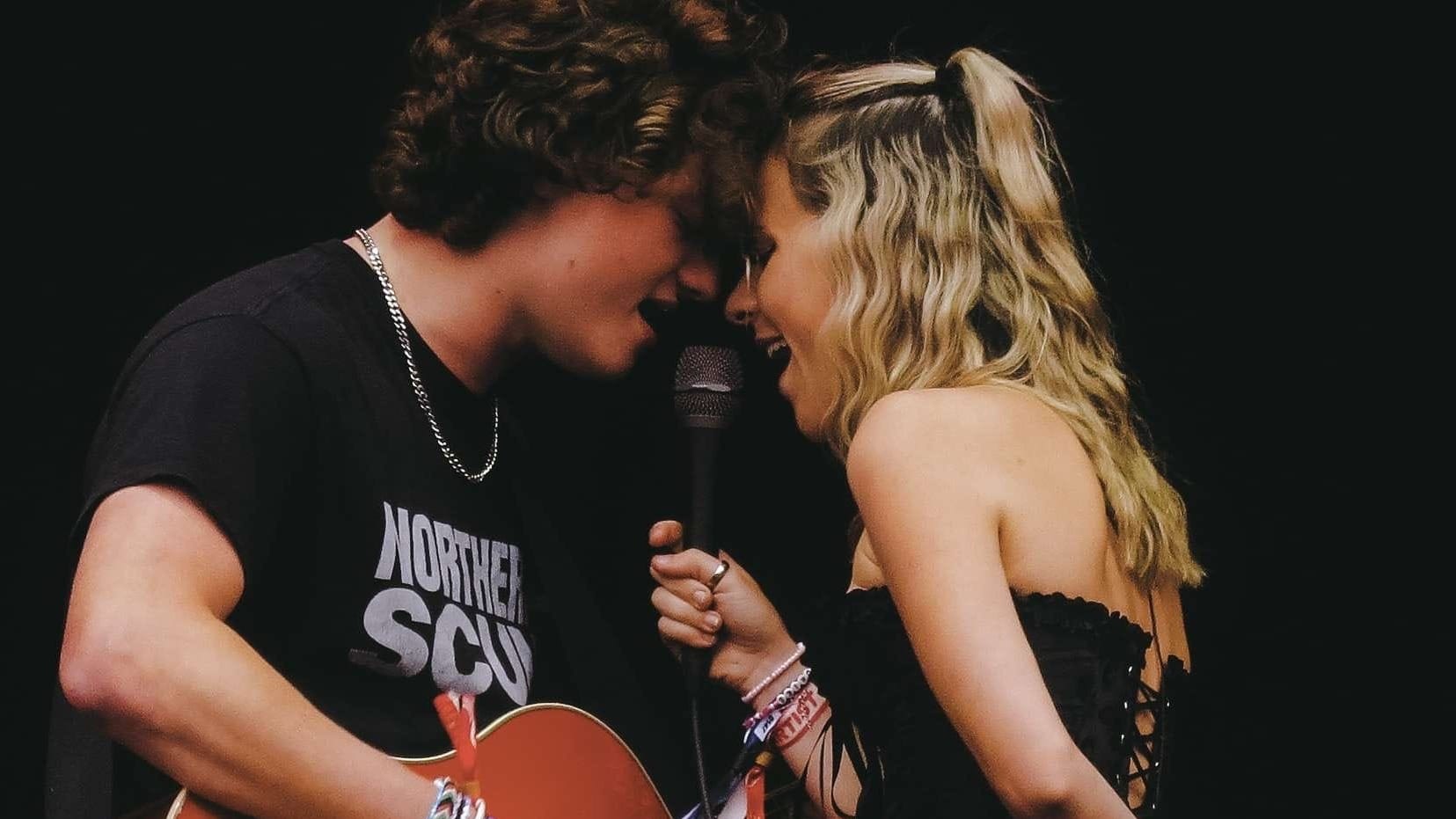
More controversially, their critique of populism extends to aspects of religion. It’s epitomised by one of their latest lyrics from a yet-to-be-named song: ‘God is a system of keeping you under control… you are not anti-establishment; you are religious, and you do what you’re f*cking told’.
When asked about this, Kate and Seb were both quick to acknowledge the nuanced and altruistic nature of much religion, and that their criticism only extends to the use of faith to further an ulterior, populist agenda. But this is just one example of the band’s willingness to engage in provocative dialogues. They noted that a lot of their fans disagree with them on almost everything – ‘and that’s great’.
Here, I challenged them. If radical, personality politics is our greatest rival, then surely the way to counter this can’t be producing equally emotive, polarising political anthems?
In response, Seb openly acknowledged that he isn’t ‘surgical and nuanced’, citing this as the reason for why he has maintained a disconnection from a career in mainstream politics.
However, he also takes pride in his promotion of a strong, clear voice on the left-wing. 'We need to climb down from our philosophical tower. Sometimes it’s as simple as 'racism: bad, empathy: good''.
And Kate agreed: 'Our music doesn’t discriminate against any group of people because of something that they can’t change. Nigel Farage demonises whole groups just to further his own cause, and that’s not what the music does'.
As the interview came to a close, I turned the focus to future plans, and there’s plenty to look forward to:
To begin, the band are set to headline in Saddleworth, Seb’s hometown, on June 20th.
Their Summer festival line-up is also shaping up to be impressive, with confirmed appearances at Truck, Neighbourhood Weekender, Y Not and Delamere Forest announced so far. And they did hint at ‘some plans we’ve yet to tell people’.
But in the meantime, their main focus is just producing ‘tonnes of music’, which is definitely reflected by the current activity on their social media.
Go and check it all out on TikTok and Instagram at @seb.lowe.music and @katecourielmusic, or pretty much any music platform of your choice.
And finally, when asked which politician they would like to sit down and have listen to their music, Kate immediately chooses Nigel Farage and Seb selects JD Vance. Make of that what you will.
Featured Image: Freya BarberDo you think that there is an inherent political agenda to music-making?

